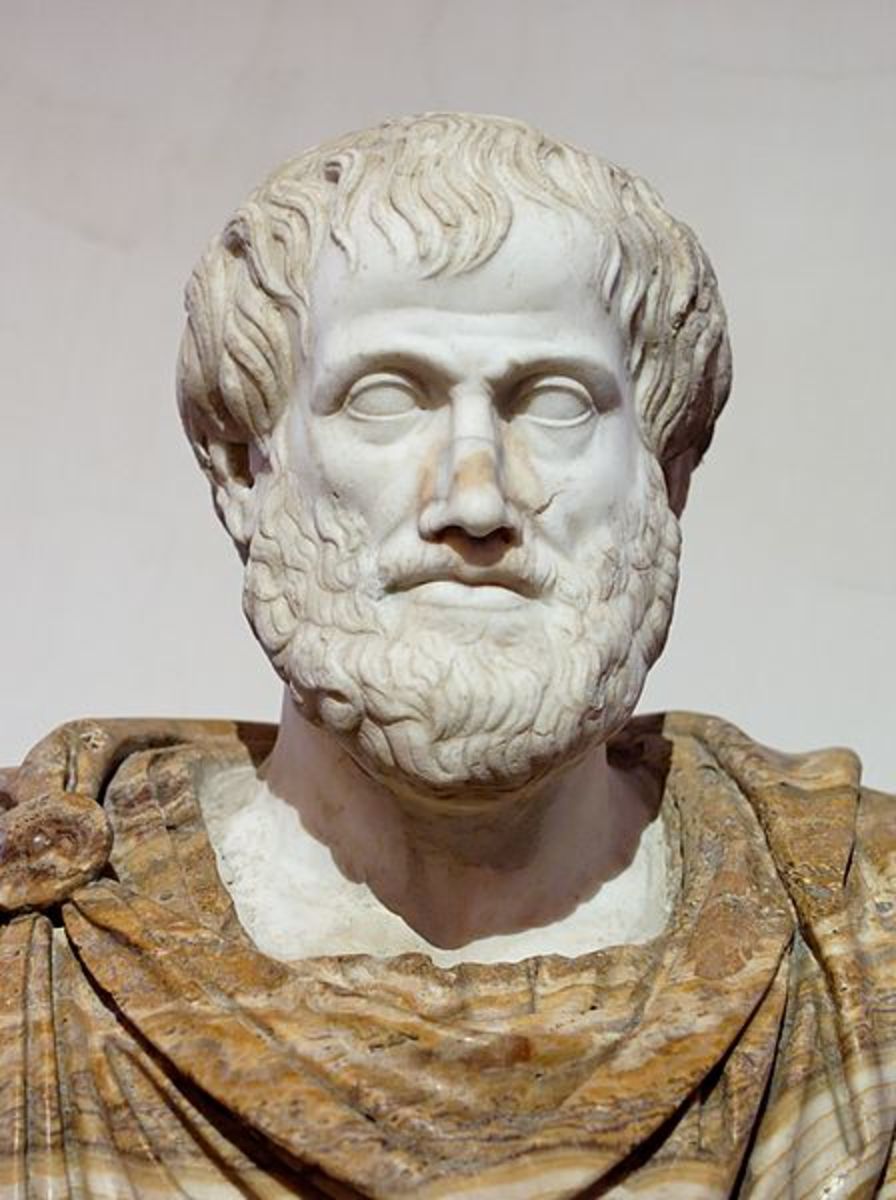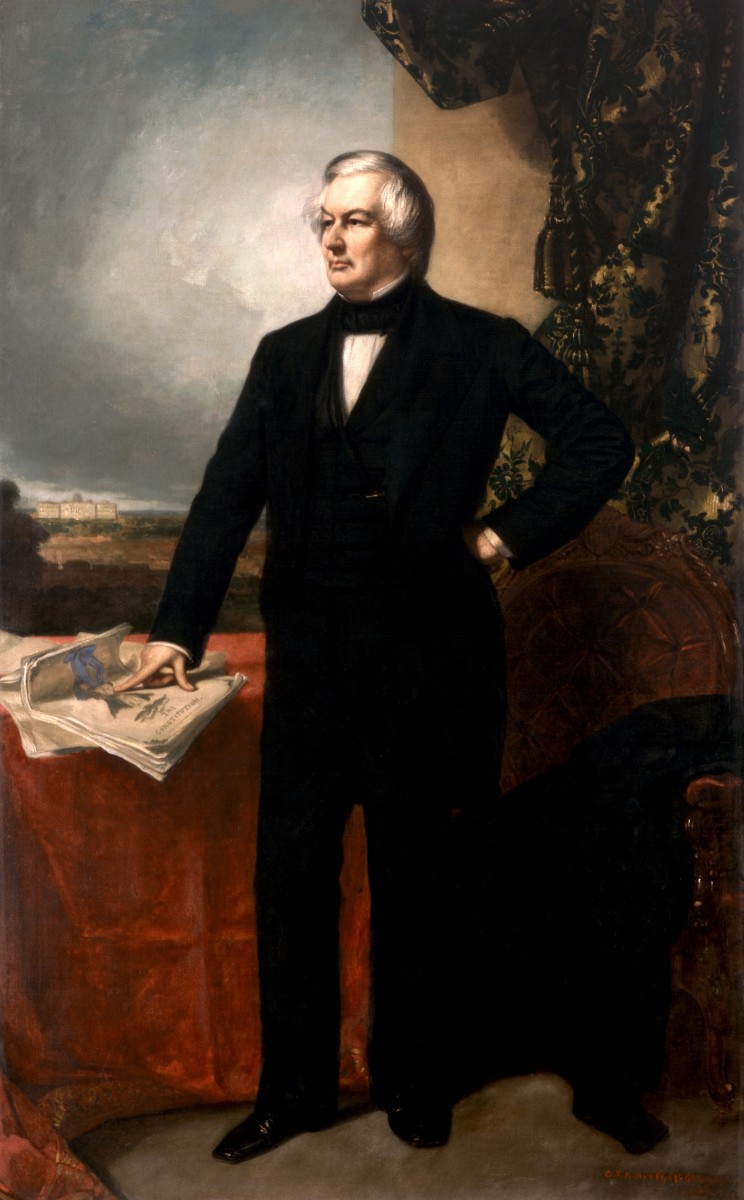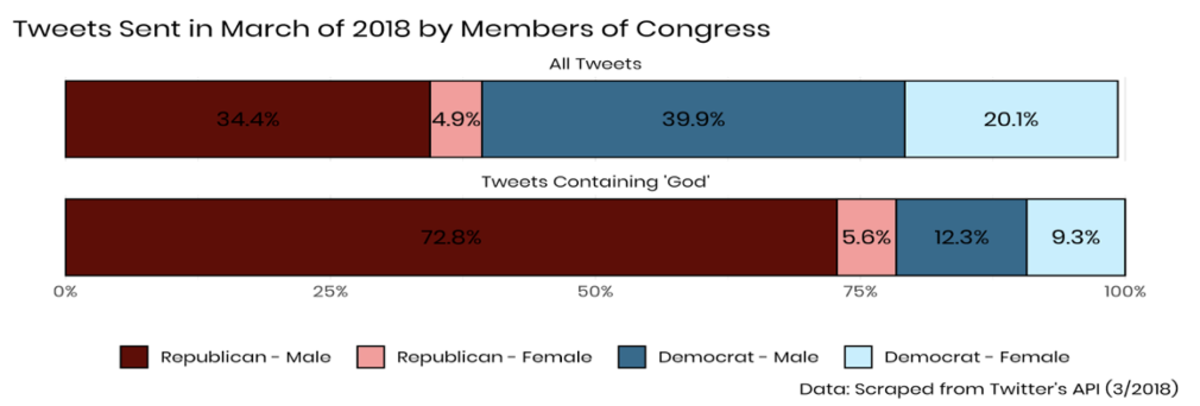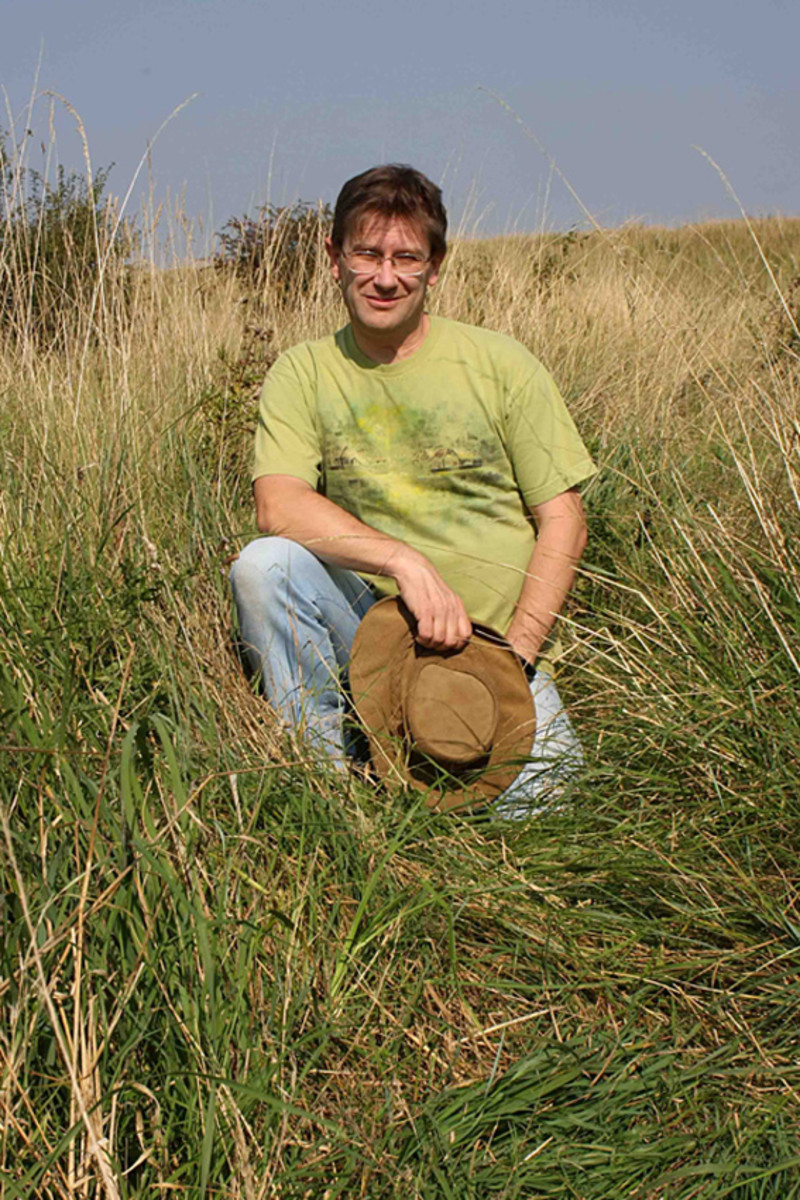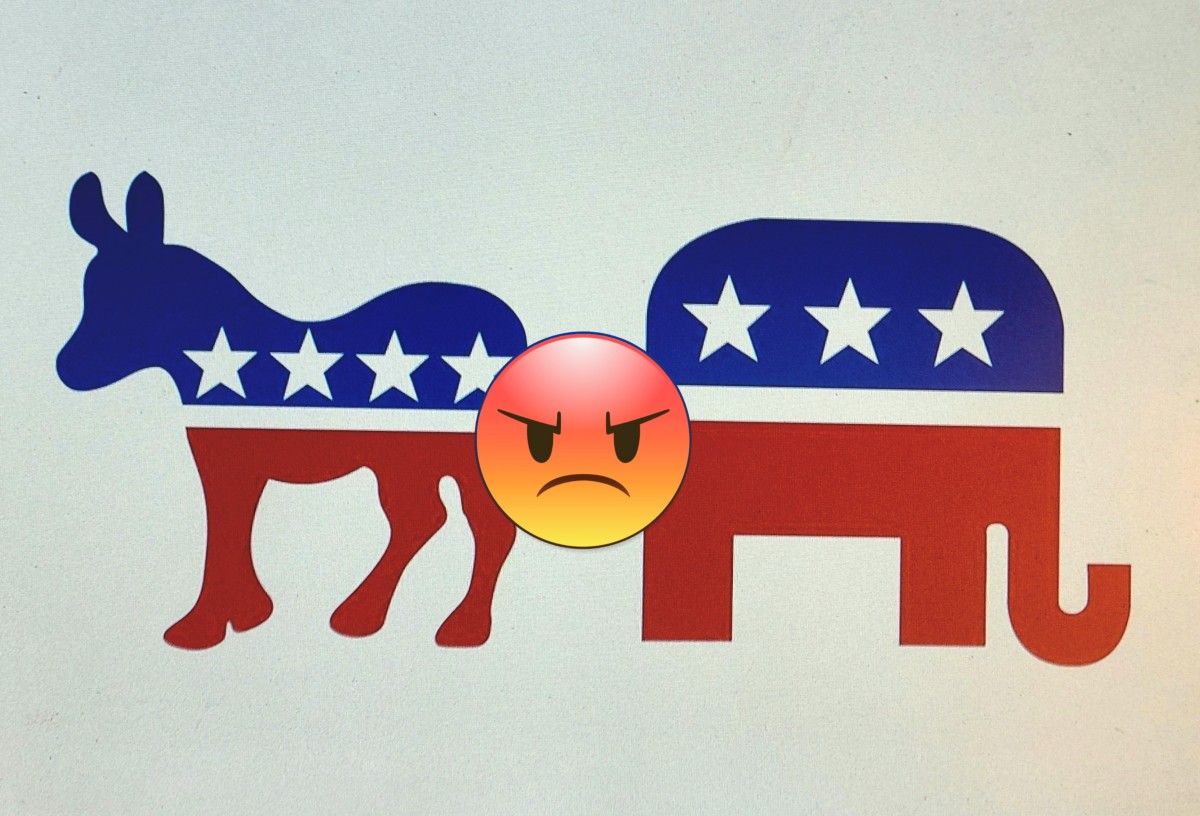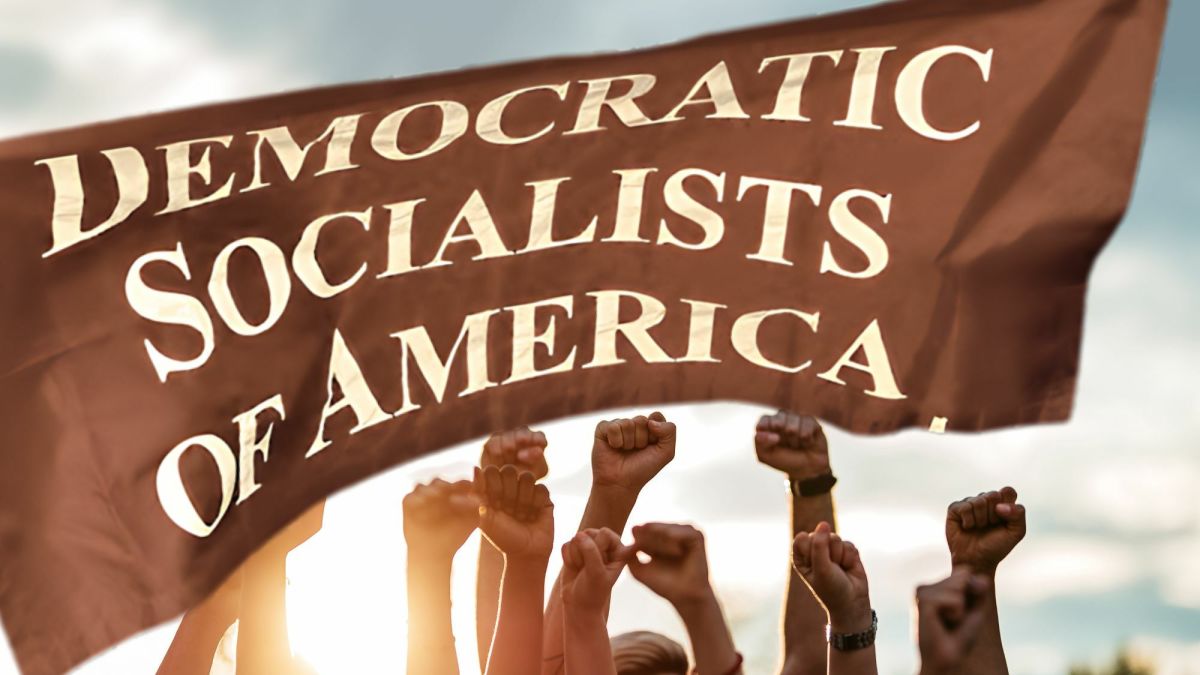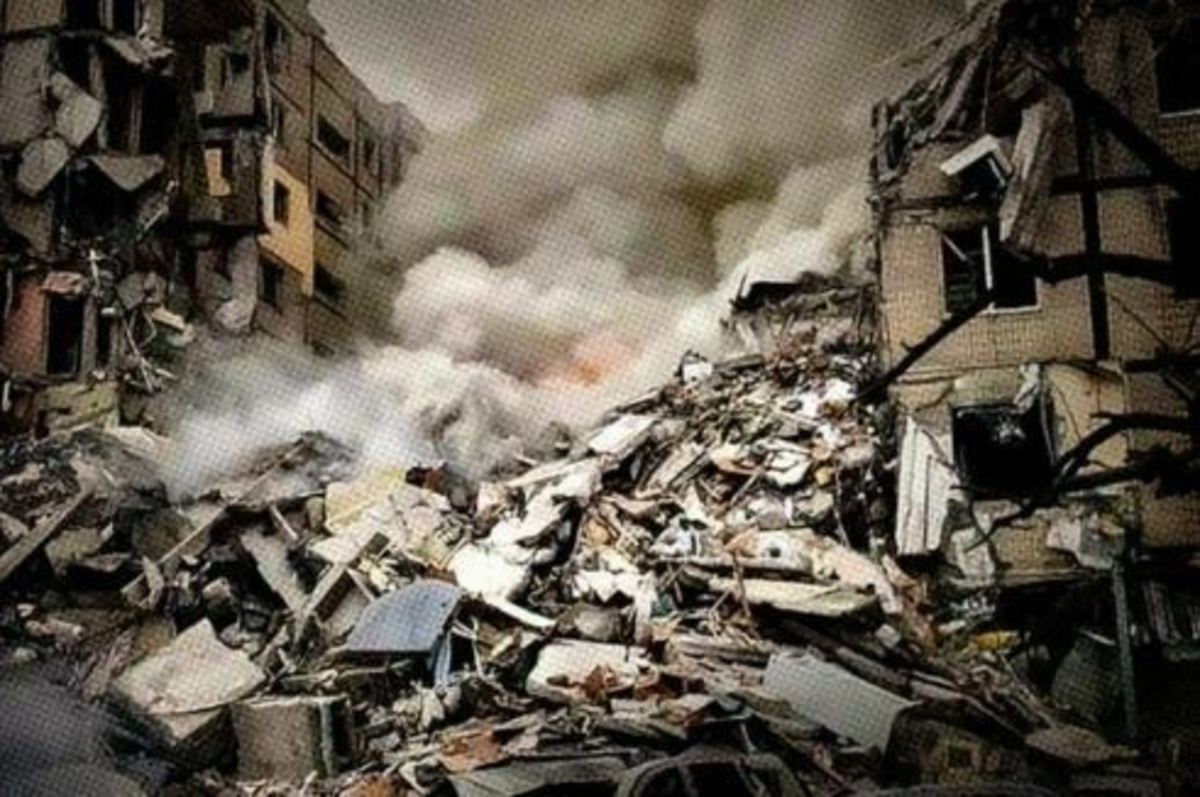Concepts of State and Territory
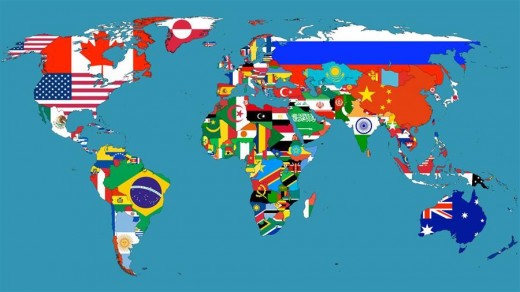
What is Political Geography?
Political Geography is a subject that merges two very diverse fields; Politics and Geography. Politics refers to the actions relating to the governance of a country, while geography literally translates as the study of the earth (Geo= Earth, Graphy= study). In this subject, geography is depicted in a way that it illumines politics while politics is depicted in a way it sheds light on geography.
Fundamental Concepts of Political Geography
State and Territory are two of the fundamental aspects of political geography. The state is a nation or territory that is organized as one unit under a government or authority. It is a community of people permanently occupying a definite amount of territory while enjoying freedom from external control. The word “state” was derived from “status” by Machiavelli. The territory is a land under the jurisdiction of a ruler. It can be used to describe ay region or area for example if a salesman has a territory in the Midwest, his territory is there.
What Makes a State?
The Montevideo Convention of Statehood in 1993 sets several requirements of statehood, which include:
- Permanent population
- Defined territory
- Government
- Ability to maintain relations with other states
These requirements are mentioned in two of the following articles of the Montevideo Convention of Statehood:
“The political existence of the state is independent of recognition by the other states. Even before recognition, the state has the right to defend its integrity and independence, to provide for its conservation and prosperity, and consequently to organize itself as it sees fit, to legislate upon its interests, administer its services, and to define the jurisdiction and competence of its courts.” (Article 3, Montevideo Convention of Statehood, 1993)
“The recognition of a state merely signifies that the state which recognizes it accepts the personality of the other with all the rights and duties determined by international law. Recognition is unconditional and irrevocable.” (Article 6, Montevideo Convention of Statehood, 1993)
Max Weber claims that state is a human community that claims the monopoly of the legit use of force within a given territory. Micheal Mall says the state is a set of institutions and their related personnel; it is a degree of centrality with political decision emerging from a centre point.
The state has four main elements two of which are physical and the other two are political.
Physical bases include:
- Population: all the citizens living in a particular place
- Territory: a land under the jurisdiction of a ruler
Political bases include:
- Sovereignty: supreme power or authority
- Government: the group of people with the authority to govern a state
Territory and its Importance to State
A state cannot exist with the absence of a fixed territory. The territory is needed by people to live and grow socially and politically. It includes airspace, land and sea. Modern states may differ in size meaning the amount of territory each state owns is different. It is compulsory for citizenship.
There are numerous types of territories e.g:
- A union territory is a federal territory governed by the central government. It is an administrative division in India. India’s states have their own provincial governments but they come under a single federal government.
- A federal territory is an area within the direct and usually exclusive jurisdiction of the central or national government within a federation.
- The overseas territory is a broad designation for a territorial entity that is separated from the country that governs it by an ocean. An overseas territory can either be a part of the dependent territory or the governing state.
- The dependent territory: It is not a sovereign territory nor is it independent; however it is outside of the geographical area of the state it is ruled by. Presently they are all either on-sovereign associated states or they are overseas. Only the following countries possess dependent states: the United Kingdom, New Zealand, Norway and the United States.
- A capital territory or federal capital territory is usually a specially designated territory where a country's seat of government is located. According to the federal model of government, no one state or territory is superior just because the capital lies within its borders. A capital territory can be one specific form of the federal district.

